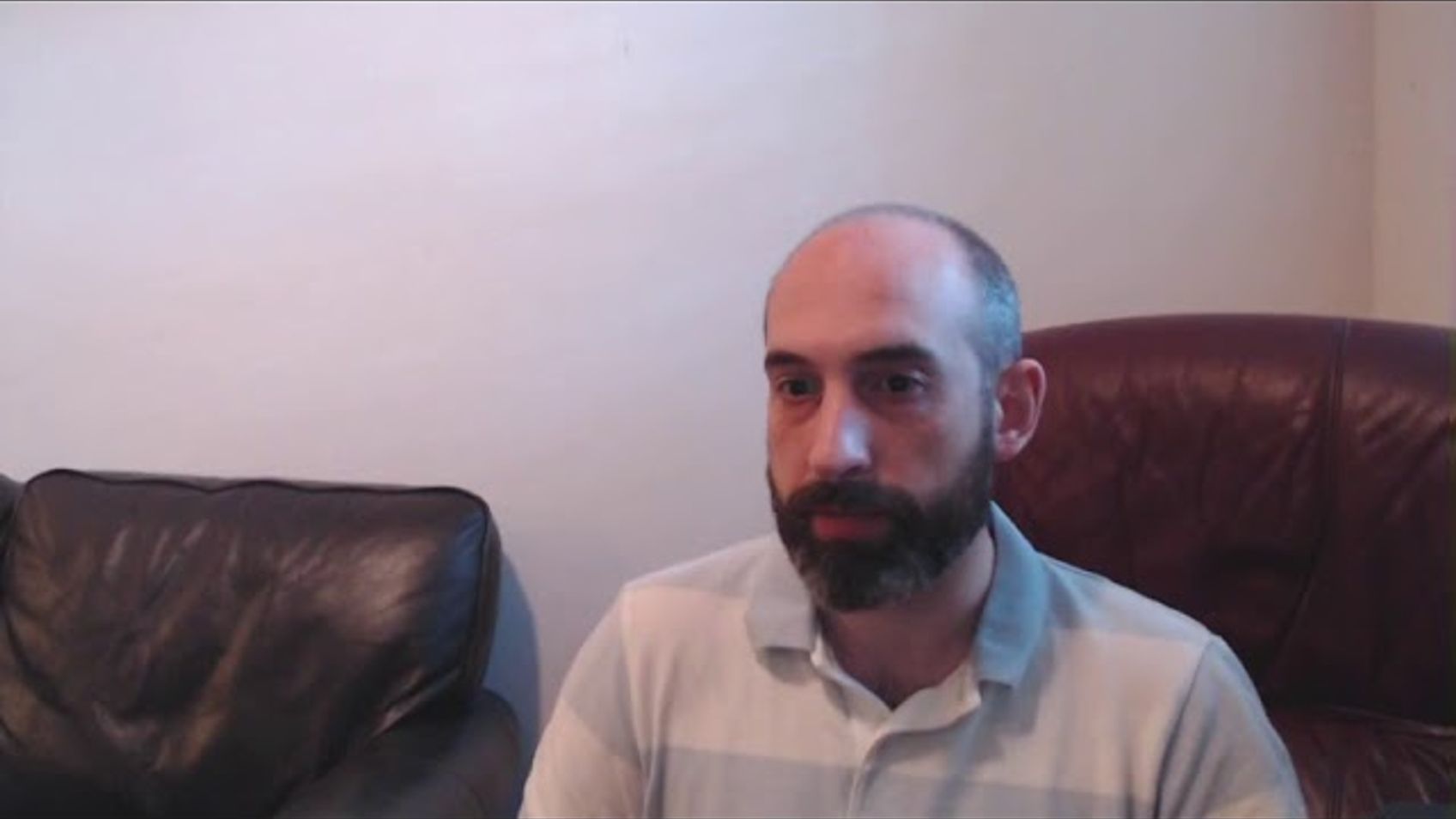Q&A#137 Jesus: A New Nebuchadnezzar?

Today's question: "There are numerous typological dimensions of Old Testament echoes at play in each of the Gospel accounts of Christ’s baptism (Creation, Noah’s dove coming to rest, Israel’s Red Sea and Jordan crossings, Levitical priestly washing, Day of Atonement, David’s anointing as King, Elijah’s anointing of Elijah, etc.) Another possible dimension I’ve recently noticed in Mark’s account of this incident, particularly Christ’s subsequent time in the wilderness, is its parallels with Nebuchadnezzar’s humiliation described in Daniel 4. Mark 1:12 says that “the Spirit immediately drove [Jesus] out into the wilderness.” Daniel 4:33 says that Nebuchadnezzar was “immediately . . . driven from among men.” Mark 4:13 says that Jesus “was with the wild animals.” Daniel 4:32 says that Nebuchadnezzar is made to dwell “with the beasts of the field.” Jesus comes back from the wilderness proclaiming the Gospel of God’s Kingdom. (Mark 1:14-15). So does Nebuchadnezzar. (Daniel 4:34). A more tenuous connection may be in the angels who ministered to Jesus and the “watchers” mentioned in Nebuchadnezzar’s dream earlier in Daniel 4. Is this connection between Christ and Nebuchadnezzar meaningful? If so, what are we to make of it?"
Within this video, I mention James Jordan's commentary on the book of Daniel, 'The Handwriting on the Wall': https://amzn.to/30x9ZAB.
My blog for my podcasts and videos is found here: https://adversariapodcast.com/. You can see transcripts of my videos here: https://adversariapodcast.com/list-of-videos-and-podcasts/.
If you have any questions, you can leave them on my Curious Cat account: https://curiouscat.me/zugzwanged.
If you have enjoyed these talks, please tell your friends and consider supporting me on Patreon: https://www.patreon.com/zugzwanged. You can also support me using my PayPal account: https://bit.ly/2RLaUcB.
The audio of all of my videos is available on my Soundcloud account: https://soundcloud.com/alastairadversaria. You can also listen to the audio of these episodes on iTunes: https://itunes.apple.com/gb/podcast/alastairs-adversaria/id1416351035?mt=2.
More From Alastair Roberts

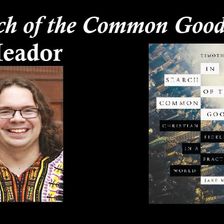
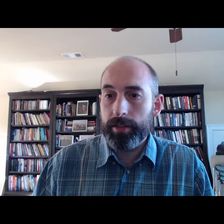
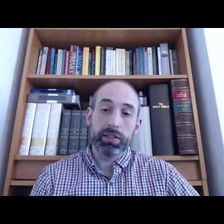
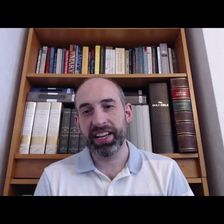
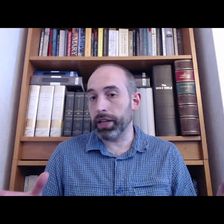
More on OpenTheo















